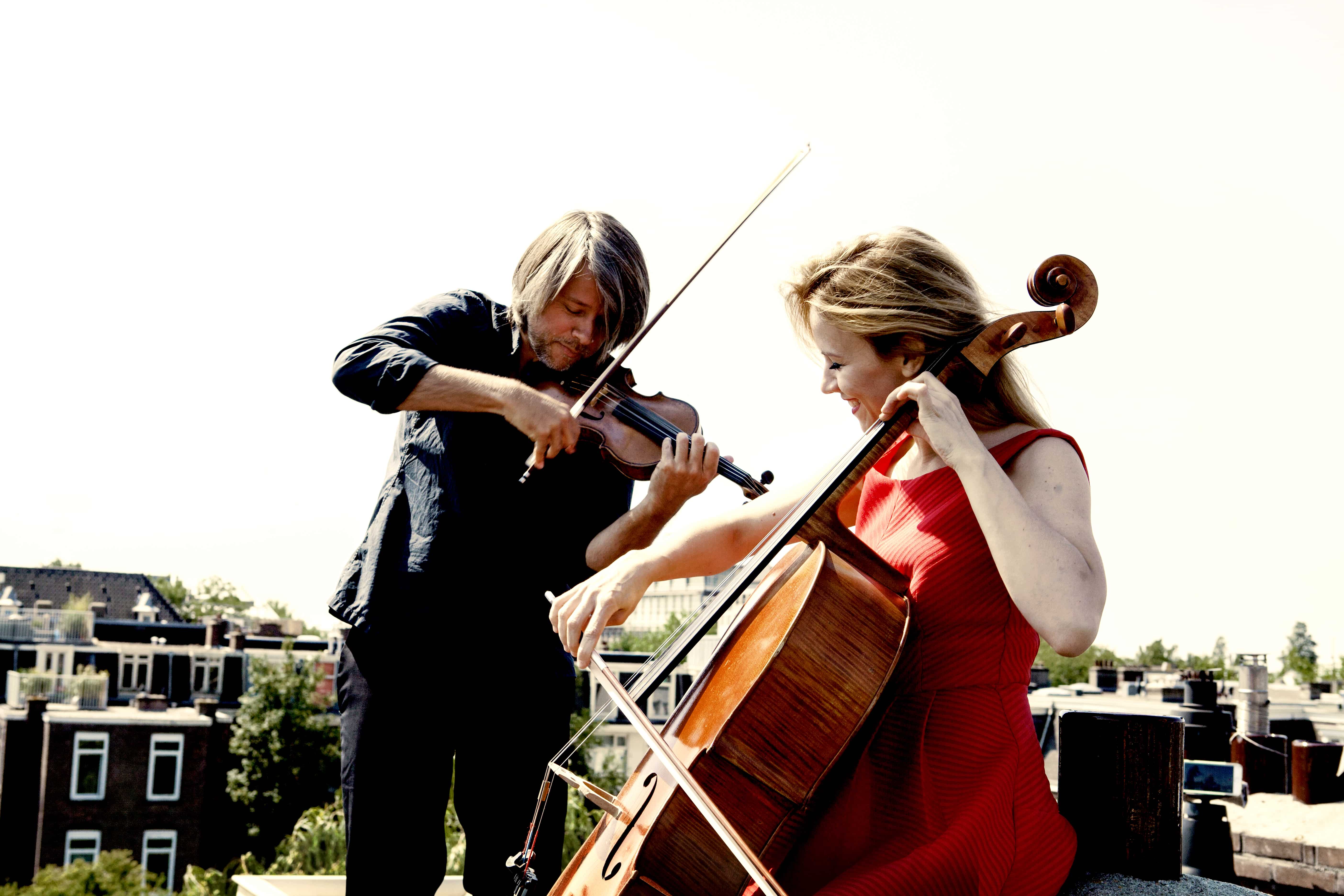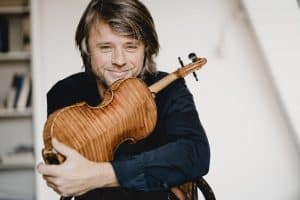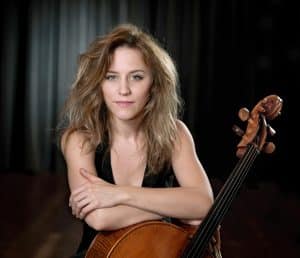
Programme
Haydn Symphony No. 96 “The Miracle”
Sawyers Double Concerto
– Daniel Rowland (Violin), Maja Bogdanovic (Cello)
Mozart Symphony No. 41 in C Major “Jupiter”
Artists
English Symphony OrchestraAbout this Concert
The English Symphony Orchestra return to St Peter’s Church in Hereford for a concert featuring two titans of the symphonic world: Haydn and Mozart. Composed on his first trip to London, Haydn’s Symphony No.96 is an accomplished and uplifting work and became part of a collection of works known as his ‘London’ symphonies. It was also given the nickname ‘The Miracle’ based upon an account of a chandelier falling during a performance and nearly missing the audience… This actually happened at a performance of a different Haydn symphony but the name stuck.
As with so many musical nicknames, the title ‘Jupiter’ for Mozart’s Symphony No.41 did not originate from the composer, it is believed that the German violinist Johann Peter Salomon (the same man who championed Haydn’s career in London in the 1790s) devised the name to capture the essence of a symphony of such epic proportions. As a contemporary of Haydn, Mozart was in awe of Haydn and often invited him to his concerts and the reciprocity of admiration was felt both ways. In fact, Mozart’s Requiem was even performed at Haydn’s funeral.
Mozart’s final three symphonies: numbers 39, 40 and 41, are a trilogy of works that stand apart from his own symphonic output and are a regular occurrence in many a concert hall and orchestra’s repertoire. In fact, you can hear the other two Mozart symphonies this season as the ESO are performing his Symphony No.40 on Saturday 5th March in Worcester at the Great Malvern Priory and Symphony No.39 at the same venue on Wednesday 15th June.
Sawyers was commissioned in 2009 to write a cello concerto for rising star, Maja Bogdanovic and since then her musical and personal connection with the virtuosic violinist Daniel Rowland inspired Sawyers to compose a double concerto for them both. Overshadowed by the famous Brahms double, this was a somewhat daunting task. The resulting work, written in 2020, is in three movements and is a piece which reflects ideas of journeys and develops as the music unfolds.
Discover More
About the Soloist - Daniel Rowland
 Dutch/English violinist Daniel Rowland’s playing has been acclaimed as “wonderful, ravishing in its finesse” by The Guardian, as „both naked and highly virtuosic“ by NRC Handelsblad, while The Herald praised his “astonishing sound and uniquely single-minded intensity”.
Dutch/English violinist Daniel Rowland’s playing has been acclaimed as “wonderful, ravishing in its finesse” by The Guardian, as „both naked and highly virtuosic“ by NRC Handelsblad, while The Herald praised his “astonishing sound and uniquely single-minded intensity”.
Daniel has established himself on the international scene as a highly versatile, communicative, charismatic and adventurous performer, with a broad repertoire from Biber to Berio and Vivaldi to Ferneyhough. In recent seasons Daniel has performed with orchestras from Tromso in the north of Norway to Cape Town, in concertos from Beethoven and Brahms to Elgar, Berg, Korngold, Weinberg, Prokoffief and Schnittke and has worked with leading conductors such as Heinz Holliger, Jaap van Zweden, Francois Xavier Roth, Lawrence Foster, Anthony Hermus, Rossen Milanov and Andrey Boreiko. He loves championing contemporary composers and is a passionate advocate of concertos such as those by Vasks, Lindberg, Glass, Saariaho and Van der Aa. In 2017 he premiered Isidora Zebeljan‘s Violin Concerto „Three curious loves“ and this autumn sees the premiere of Roxana Panufnik‘s „Songs of Love and Friendship“ with the Dutch Radio Choir at the Concertgebouw. September 2020 saw the release of Daniel’s newest CD ‘Distant light’, for Challenge Records with Violin Concertos by Peteris Vasks, recorded live at the Stiftfestival 2019 with the composer present. (“A beautiful ode to Vasks – rich in tension and magic“ – NRC Handelsblad)
A passionate chamber musician, Daniel has performed with artists as diverse as Ivry Gitlis, Heinz Holliger, Gilles Apap, Anna Fedorova, Alexander Lonquich, Nino Gvetadze, Michael Collins, Nicolas Daniel, Vladimir Mendelssohn, Lars Vogt, Alberto Mesirca, Willard White and Elvis Costello. He is a frequent guest at foremost international chamber music festivals such as Kuhmo, Stellenbosch, Risor, Sonoro, Rio de Janeiro, Chiemgau and Osnabrück. Daniel is part of acclaimed duo partnerships with pianist Natacha Kudritskaya, “a perfect partnership“ according to BBC Music Magazine, and with cellist Maja Bogdanovic, who‘s recent duo CD „Pas de deux“ (Challenge Records) included 5 world premieres and was described as „a magical meeting between violin and cello“ by Dutch daily NRC Handelsblad. He is also a founding member of a cutting edge Tango Quintet with bandoneon virtuoso/composer Marcelo Nisinman (as ensemble with the power of dynamite – Süddeutsche Zeitung) and frequently chamber music partners include Anna Fedorova, Nino Gvetadze and Alberto Mesirca.
In 2005 Daniel founded the Stift International Music Festival in the bucolic region of Twente in the eastern Netherlands, where he grew up, with the 15th century Stiftkerk as the main venue. The festival has garnered acclaim as one of great intimacy, adventure and atmosphere. Daniel was for twelve years the leader of the Brodsky Quartet, performing all over the world, and making numerous recordings, including the celebrated Shostakowitch Cycle. He teaches at the Royal College of Music in London.
Daniel was born in London, and started his violin lessons in Enschede after his parents moved to Twente in the eastern Netherlands. He studied with Jan Repko, Davina van Wely, Herman Krebbers, Viktor Liberman and Igor Oistrakh. Meeting Ivry Gitlis in 1995 was of great significance, leading to lessons in Paris and, later, to musical collaborations. Daniel’s competition successes include first prize at the 1995 Oskar Back competition at the Concertgebouw in Amsterdam and the Brahms Prize in Baden-Baden. His violin is by Lorenzo Storioni (Cremona 1796), and his bow is a Maline, kindly loaned by the Dutch Instrument Foundation.
About the Soloist - Maja Bogdanovic
 Hailed by The Strad after her Carnegie Hall recital for “an outstanding performance of exceptional tonal beauty, great maturity of interpretation, and technical excellence”, Maja Bogdanovic continues to reward audiences worldwide as one of the leading cellists of today.
Hailed by The Strad after her Carnegie Hall recital for “an outstanding performance of exceptional tonal beauty, great maturity of interpretation, and technical excellence”, Maja Bogdanovic continues to reward audiences worldwide as one of the leading cellists of today.
Ms. Bogdanovic’s concerto engagements include Tonhalle Orchester Zurich, Berlin Symphony at the Berlin Philharmonic Hall, Tokyo Philharmonic, Bremerhaven Staatsorchester, Bergische Philharmonie, Slovenian, Belgrade and Macedonian Philharmonic, Orchestra del Teatro Civico Schio, Lubbock Symphony, Spokane Symphony, Munchenner kammerorchester, Sydenham Festival Orchestra, Serbian Radio Symphony, Orchestre National des Pays de la Loire, Korean Wonju Philharmonic Orchestra, Salta Symphony Orchestra, Morelia Philharmonic Orchestra, St. Bartholomew Orchestra London, Vojvodina Symphony, Orchestre des Laureats du Conservatoire de Paris, Orchestre de Chambre Nouvelle Europe as well as chamber orchestras Dusan Skovran, St. George Strings and the Sejong Soloists
The quality of her recital and chamber music interpretations continues to be applauded at many of the world’s leading venues and festivals which include the Royal Concertgebouw Amsterdam, Muziekgebouw Amsterdam, Tonhalle Dusseldorf, Salle Pleyel, Salle Gaveau and Amphitheatre Sorbonne Paris, Palais des Congres Nantes, Prinzregententheater Munich, the Festival de Radio France et Montpellier, Kuhmo Festival, Beauvais Cello Festival, Festival du Perigord Noir, Giverny Festival, European Festival of Young Talents in Paris, Plaisir de Musiques Annecy, Arcachon Festival, Classiques d’avenir Biarritz, Folles journees in Nantes, Roque d’Antheron, Zeist Festival in Holland and Amsterdamse Cello Biennale.
Among her exceptionally wide repertoire, Ms. Bogdanovic dedicates a special place as a champion of contemporary music. She has premiered works of Krzysztof Penderecki, Sofia Gubaidulina, Philip Sawyers, Nicolas Bacri, Eric Tanguy, Benjamin Yusupov, Ivan Jevtic and others. Most notably, her collaboration with Krzysztof Penderecki began in France, with the Orchestre National des Pays de la Loire, and continued with the Belgrade Philharmonic, Slovenian Philharmonic and the Tonhalle Orchester Zurich. Among a select group of world’s leading artists that have included Lorin Maazel, Anne-Sophie Mutter and others, Maja was invited to give a special performance in Warsaw for the occasion of the composer’s 80th birthday, collaborating with Yuri Bashmet, Julian Rachlin and Barry Douglas.
Continuing her work as a prolific recording artist, Ms. Bogdanovic produced several internationally released CD recordings for the French label Lyrinx, as well as the Nimbus label recording of the Concerto for Cello and Orchestra dedicated to her by the English composer Philip Sawyers.
Laureate of leading international competitions, Maja Bogdanovic won the First Prize at the Aldo Parisot Cello Competition, received the Second Prize and the Special Audience Award at the Gaspar Cassado International Competition, was awarded the special prize at the Concours Rostropovich in Paris and, in the same year, she also became a multiple laureate of the International Jeunesses Musicales Competition in Belgrade, as the recipient of the Third and two special awards. In 2008, the Safran Foundation for Music presented her the prize for achievements, and was the winner of the UMUS Artist of the Year Award in 2011.
Maja graduated with the First Prize at the Conservatoire National Superieur de Musique de Paris, where she completed her postgraduate course with Michel Strauss in addition to studying chamber music with Itamar Golan and Pierre-Laurent Aimard. Following her studies in Paris, she pursued further training at the UDK Berlin with Prof. Jens Peter Maintz, as well as with Bernard Greenhouse, Alban Gerhardt, Young-Chang Cho and Heinrich Schiff. Maja’s music education begun at a very early age with Prof. Nada Jovanovic at the Kosta Manojlovic Music School in Zemun, during which time she won the highest awards at national and international competitions in the Czech Republic, Austria, France and Italy.
Maja Bogdanovic plays a violoncello custom made for her by the renowned French luthier Frank Ravatin.
Reviews
Arcana.fm - 7th March 2022
Richard Whitehouse
https://arcana.fm/2022/03/07/eso-sawyers-haydn-mozart/
The English Symphony Orchestra continued its season with this first in a pair of concerts that featured two recent concertos from its current Composer Laureate, heard alongside symphonic works which have long been – or, in one instance, should be – a part of the standard repertoire.
If not the most often heard of his ‘London Symphonies’, Haydn’s 96th is typical in its formal precision and expressive richness. Not least the opening movement, its ominous introduction the perfect foil to an energetic and often impetuous Allegro, then an Andante whose variations deftly alternate wit with pathos. The ESO’s playing was at its most felicitous both here and in a robust Menuetto, the piquant oboe melody of whose trio was elegantly rendered by Rebecca Wood. Nor was there any lack of incisiveness in the finale’s good-humoured dash to its finish.
Concertos for violin and cello have hardly been numerous, composers doubtless inhibited by Brahms’s example, so credit to Philip Sawyers for rising to the challenge in this piece for the compelling partnership of Daniel Rowland and Maja Bogdanović. As in Sawyers’s previous concertos (for cello, trumpet, and violin), there are three compact movements – the opening Allegro moderato conveying something of a preludial feel through its speculative progress and blurring of formal boundaries such that the music tails away uncertainly toward its close.
It is in the central Andante that this work came into its own, Sawyers’s own experience as a string player evident in the emotional raptness of the soloists’ dialogue and underpinned by eddying orchestral textures which did much to sustain the ongoing eloquence. If the Allegro Vivo, its main idea redolent of Poulenc (or, perhaps, Malcolm Arnold at his wittiest) risked seeming lightweight, the tensile interplay of the soloists along with a sense of the thematic elements coming audibly full circle made for an effervescent and ultimately decisive finale.
An impressive debut, then, for a piece which ought to find favour in this still limited medium. The soloists duly returned for Castillo Interior (2013) by Pēteris Vasks, inspired by the mystic St Teresa of Avila and creating a suitably fervent impression even when abbreviated as here.
Mozart’s final three symphonies will all be heard, in reverse order, over the remainder of the ESO’s current season. This evening brought the 41st whose Jupiter subtitle may have been a posthumous addition, but aptly evokes the work’s essence – not least with an initial Allegro both forthright and impulse as Kenneth Woods heard it. The ensuing Andante felt a little too swift for its ‘cantabile’ fully to register, but its confiding intimacy was fully in evidence – as was the lilting swing then pert elegance of the Menuetto. Woods favoured a rapid tempo for the final Allegro, and it was a tribute to these players that this music’s textural intricacy and underlying momentum were maintained across a lengthy traversal (with all repeats observed) through to a coda whose contrapuntal ingenuity and rhythmic elan were tangibly in evidence. Overall, a persuasive reading of a masterpiece which, as with its predecessor, is all too easily taken for granted. So, too, the assumption that peace will prevail in Europe – reason enough for this evening’s concert to have started with a rendition of the Ukrainian national anthem.
